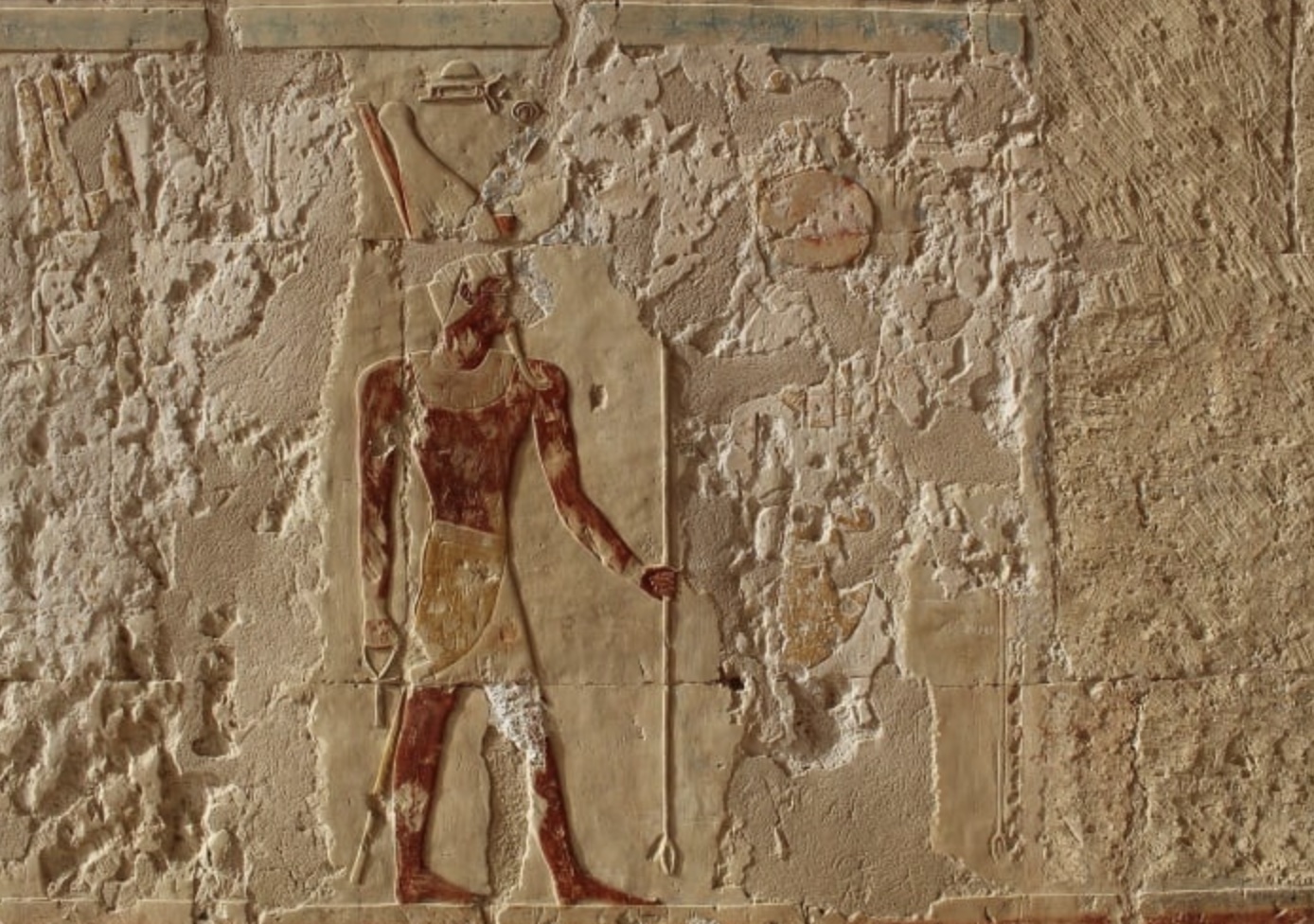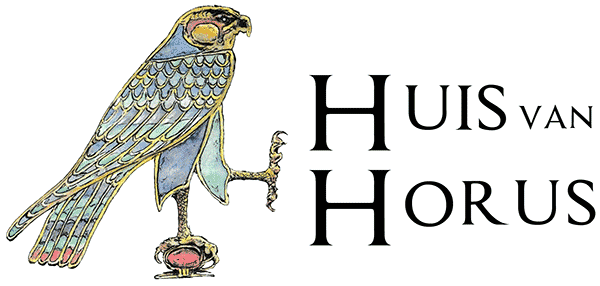
Online Lezing (ENG)
Vera Elizabeth Allen (Ph.D. Candidate)
18 april 2023
20:00 - 21:00 uur
€ 2,50,- voor donateurs
€ 5,- voor niet-donateurs
Studenten kunnen zich aanmelden via info@huisvanhorus.nl
Iconoclasm has been traditionally understood as the phenomenon of breaking images within religious and political contexts. Notoriously, the term came to be associated with the defacement of sacred icons in the Byzantine period and during the Protestant Reformation. However, in the last two decades, the use of the term iconoclasm underwent a re-evaluation, as it slowly came to signify more complex acts of image defacement in various socio-political frames.
Ancient Egypt has proven to be a fertile terrain for the exploration of iconoclasm, which yielded results extending beyond the renown episodes of violence against the figures of Hatshepsut and Akhenaton. These acts most plausibly took on the guise of public episodes, often systematically pursued and dictated by powerful agendas.
By contrast, looking at damage in more private, intimate contexts leads us to perceive the act of defacement as a multifaceted phenomenon, rich in psychological nature and based on a wide range of motivations and aims, frequently divorced from the common intent of damnatio memoriae. Throughout this talk, we shall briefly review the historical concept of iconoclasm and proceed with our own definition of the phenomenon, with the aim of providing contextualisation and means of interpreting damage in Old Kingdom private tombs, the focus of this talk.
By showcasing examples from the Memphite necropolises in Egypt, we intend to demonstrate how iconoclasm, analysed within its archaeological context, may reveal compelling details not only on the diverse socio-funerary practices, but also on the conception and use of images as vehicles of meaning in ancient Egypt and beyond.
